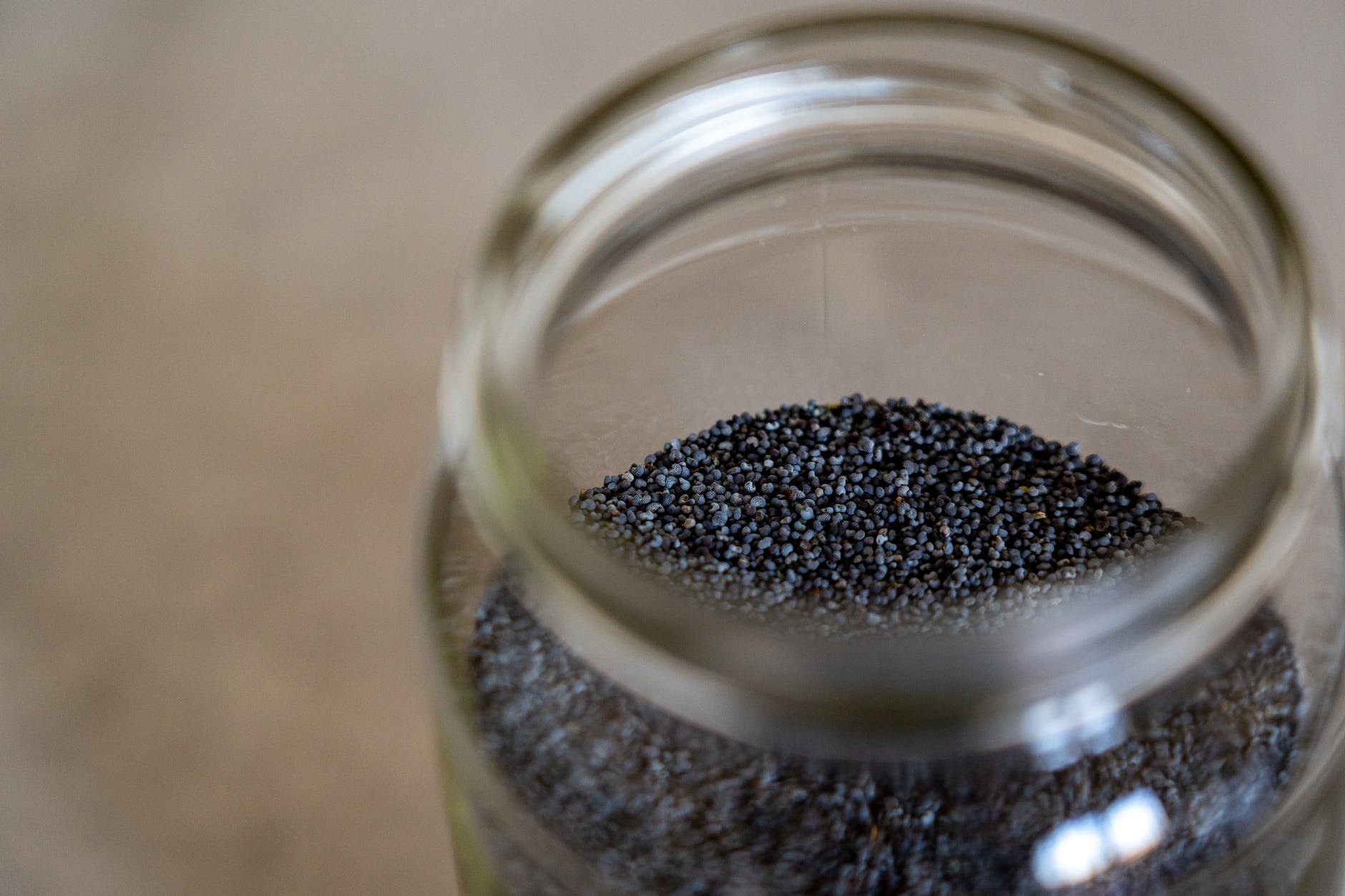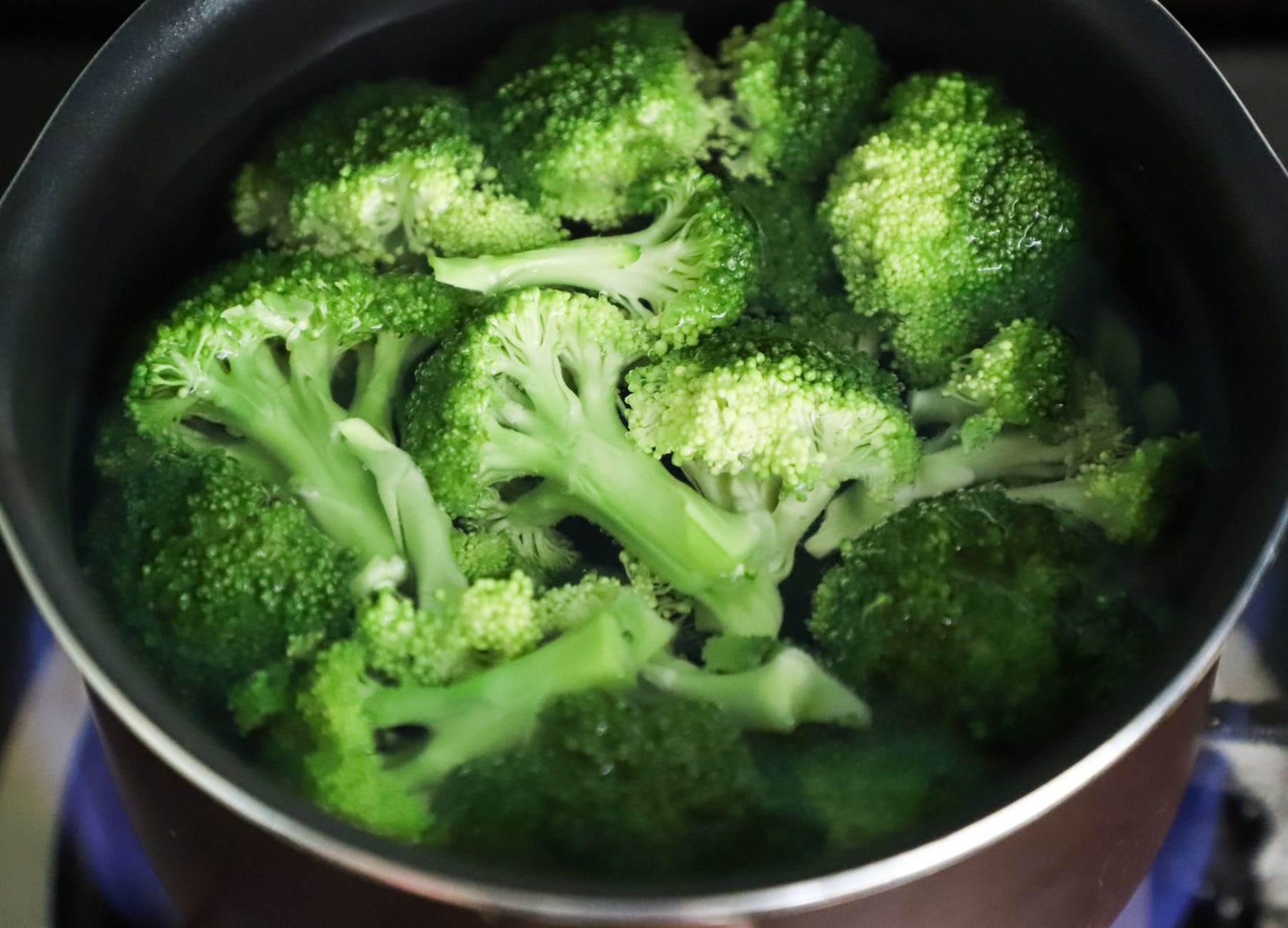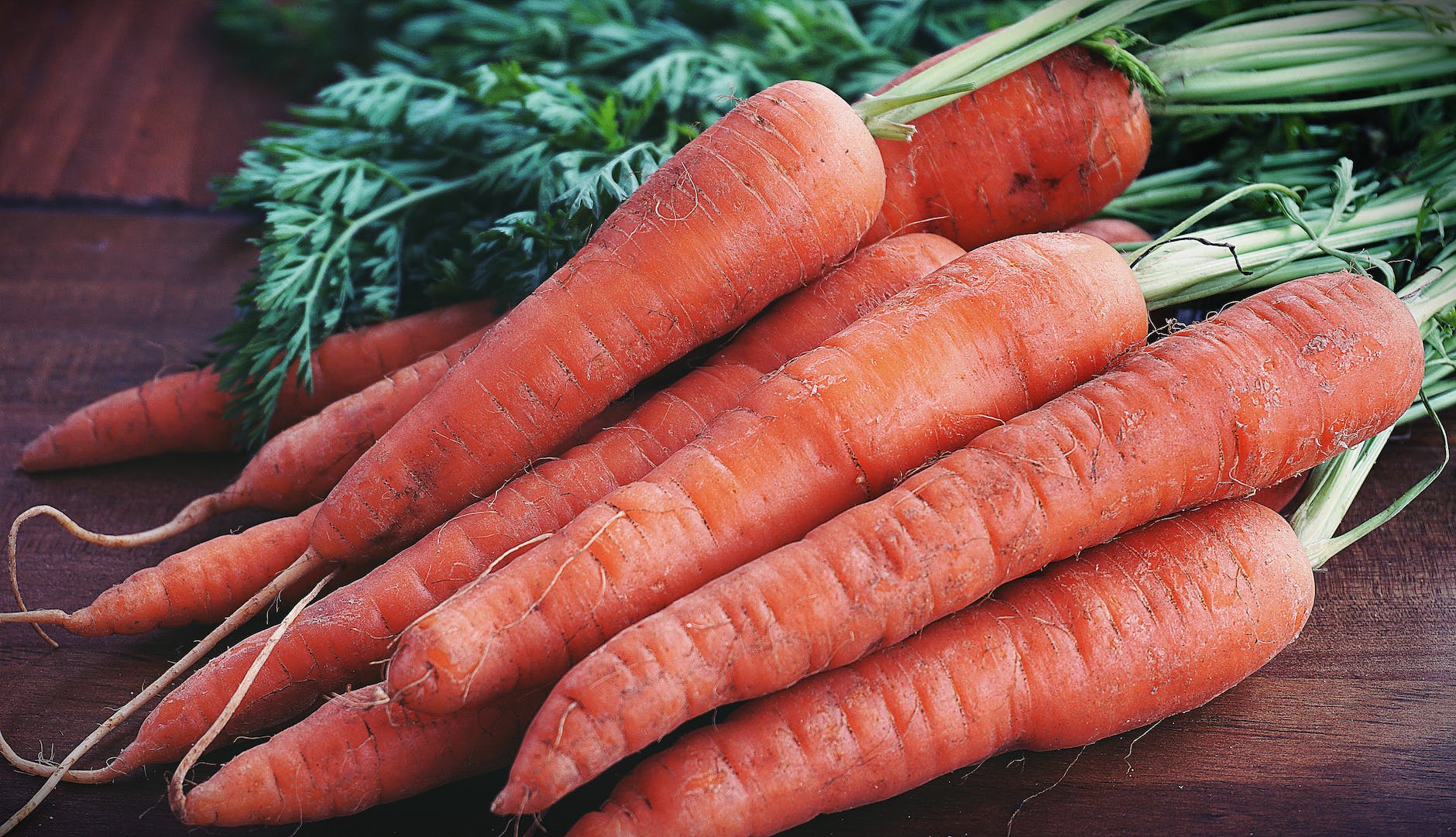
Are you tired of restrictive diets and looking for a practical and enjoyable way to support your weight loss goals? Look no further! Today, we’re shining the spotlight on poppy seeds – those tiny, flavor-packed seeds that offer a myriad of benefits for your well-being, while also aiding in weight loss. 🌱💪
Get ready to discover the fantastic advantages of incorporating poppy seeds into your daily routine. Let’s dive right in and explore why these little wonders deserve a prime spot on your healthy eating journey. 😄🌟
1. Fiber Powerhouse for a Satisfied Tummy 🌾🍽️
When it comes to managing hunger and keeping those cravings at bay, poppy seeds are your secret weapon. Packed with dietary fiber, they work wonders in promoting a feeling of fullness, ensuring you stay satisfied for longer periods. By including poppy seeds in your meals, you’ll be less likely to succumb to unhealthy snacking, helping you stay on track with your weight loss goals. Additionally, the fiber content aids digestion, supporting a healthy gut. 🌟🍽️🌿
2. Nutrient-Rich Allies for Optimal Health 💪🌈
While their size might deceive you, poppy seeds are nutritional powerhouses! They contain an impressive array of essential minerals, including calcium, iron, and zinc. Calcium is essential for strong bones and muscles, while iron plays a key role in energy production and transporting oxygen throughout your body. Zinc supports immune function and cell growth. By incorporating poppy seeds into your meals, you’re infusing your body with a range of vital nutrients for overall well-being. 💫🥛🌿
3. Culinary Versatility for Flavorful Delights 🌿🍽️
Don’t let their size fool you – poppy seeds can add a burst of flavor and a delightful crunch to both sweet and savory dishes. From sprinkling them on top of salads and stir-fries to incorporating them into yogurt or smoothies, or even using them as a creative topping for baked goods, these versatile seeds take your culinary creations to new heights. Elevate your meals with poppy seeds, enhancing both taste and texture while keeping your weight loss journey exciting! 🍽️👩🍳💥
4. Omega-3 Fatty Acids for a Healthy Boost 🐟💙
Omega-3 fatty acids are renowned for their numerous health benefits, and guess what? Poppy seeds contain these valuable fats too! While they may not match the levels found in fatty fish or flaxseeds, incorporating poppy seeds into your diet can contribute to your omega-3 intake. These fatty acids are associated with reducing inflammation, supporting heart health, and even aiding in weight management. These tiny seeds pack a mighty punch! 🌱💙🌟
5. Mindful Eating Support for a Balanced Lifestyle 🧘♀️🌼
Weight loss isn’t just about what you eat; it’s also about how you eat. Mindful eating is a powerful practice that helps you build a healthier relationship with food. Poppy seeds can enhance your mindful eating experience by adding texture, flavor, and enjoyment to your meals. The act of savoring each bite and paying attention to your body’s hunger and fullness cues becomes more gratifying with the presence of poppy seeds. Slow down, savor the moment, and make conscious choices on your weight loss journey. 🍴🌼✨
Incorporating poppy seeds into your weight loss plan brings numerous benefits, such as increased satiety, essential nutrient intake, culinary versatility, omega-3 fatty acids, and mindful eating support. So, don’t overlook these tiny powerhouses when planning your next meal! 🌟🥗💫












